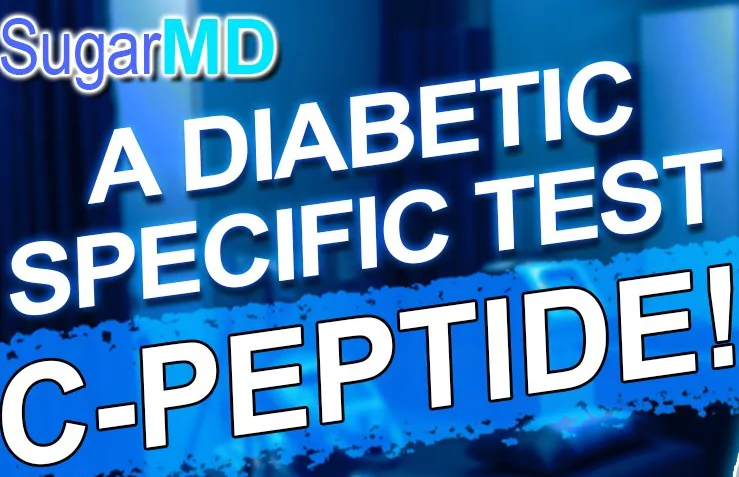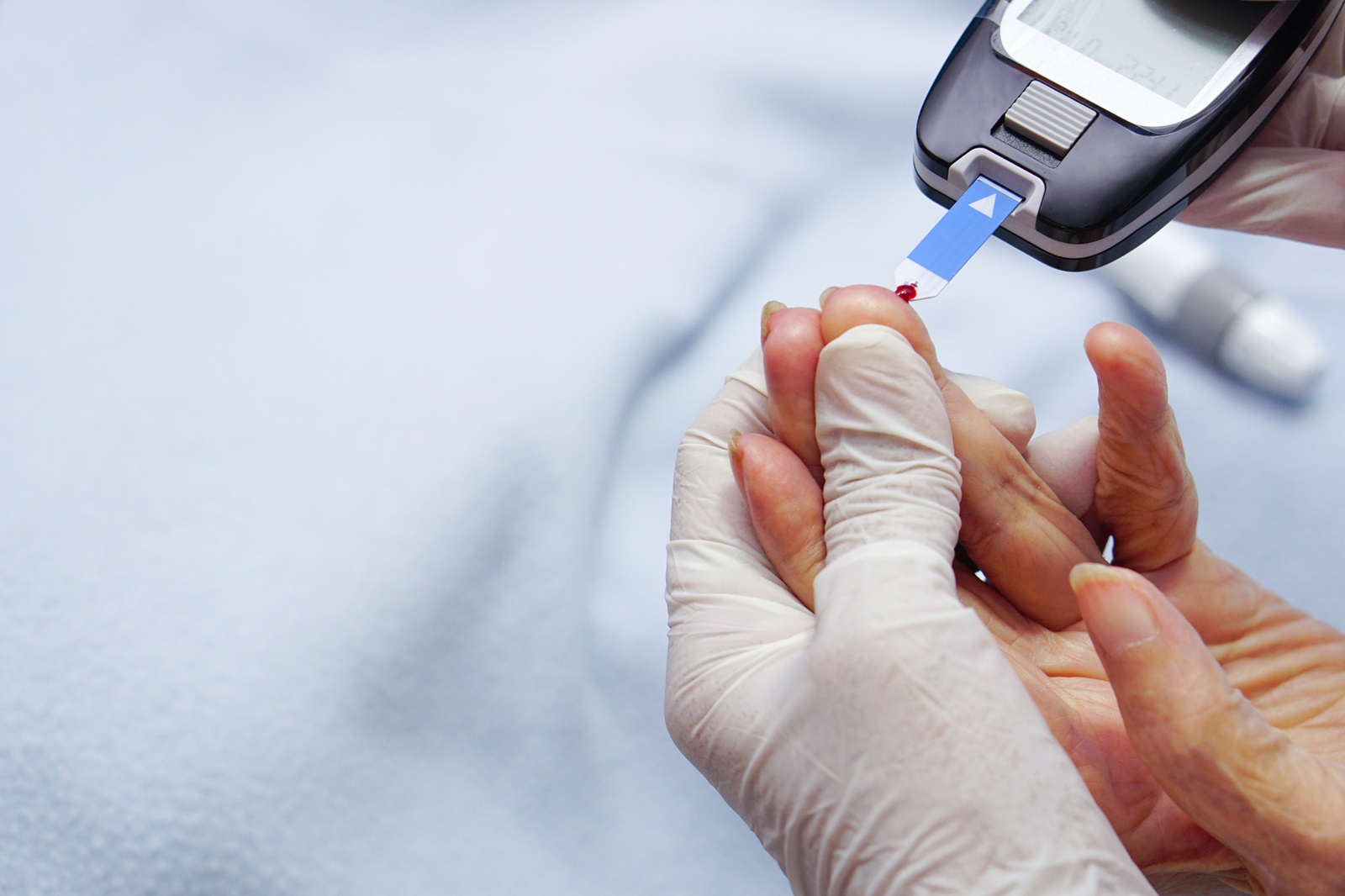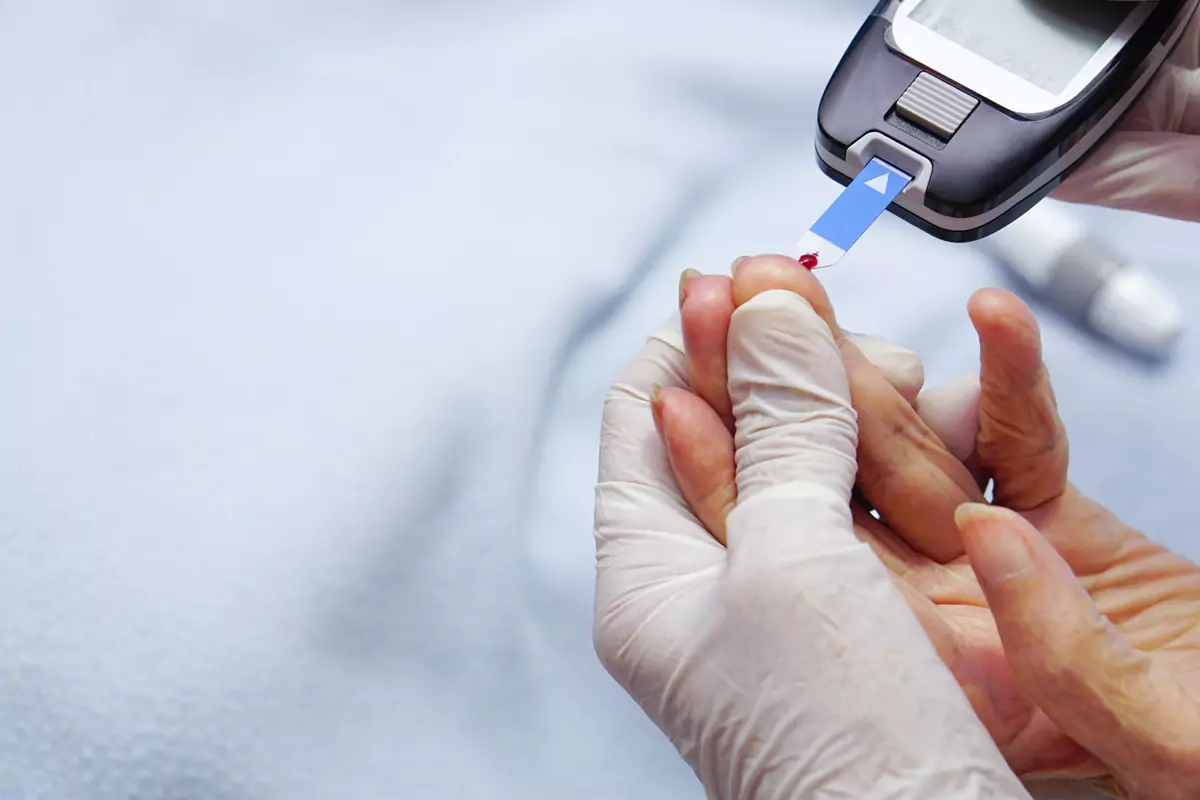





Tests to Determine the Diabetic Type


What are the tests to determine the type of Diabetes?
Some diabetic tests can be done to see what type of diabetes you have. Not everyone needs these tests, but they are sometimes helpful. One test, called the C-peptide test, is done to see if you are making insulin.
C-peptide is a small chunk of protein that breaks off after insulin is made by the pancreas, and before the insulin can be “activated.” If this test is low, you probably have type I diabetes. If this test is high or even normal, you probably have type 2 diabetes.
C peptide test (a specific diabetic test)
The normal range for C-peptide is between 0.5 and 2.0 nanograms per milliliter, although reference ranges may differ from laboratory to laboratory. In addition to that, C-peptide test levels should be interpreted knowing what the blood glucose levels are at the time of the test. I would highly recommend an Endocrinologist interpret your C-peptide test levels.
Antibody screening test to determine the type of diabetes
Antibodies are other tests for certain types of diabetes. Some of these include the following:
- Islet cell cytoplasmic antibodies (for type 1 diabetes or latent autoimmune diabetes, also called LADA)
- Glutamic acid decarboxylase antibodies
- IA-2 alpha antibodies
- IA-2 beta antibodies
Type 1 diabetes and type 1.5 diabetes (LADA) are truly immune-related disorders where your immune system makes antibodies that destroy insulin-making cells (beta cells). Other types, like type 2 diabetes, don’t involve these types of immune molecules. This is why antibody testing can be helpful, especially at the time of the diagnosis.
On the other hand, antibody testing is not necessarily done for every diabetic patient. Patients who are candidates for these antibody tests are younger individuals or patients who are not necessarily overweight.
For example, a 45-year-old male who is 5’10’’ and 170 pounds (not overweight) with high blood sugars may have type 1.5 diabetes with positive antibodies in his blood. On the other hand, a 10-year-old-year-old girl with obesity may have type 2 diabetes instead of type I which can be easily diagnosed with appropriate diabetes tests.
Because of her young age, I would order antibody testing to rule out type 1 diabetes. I see patients almost every day who have been misdiagnosed previously. The most common misdiagnosis is type 2 diabetes, while in reality, the patient has type 1.5 diabetes.
Fast Fact: So, is diabetes a matter of having too much insulin or too little? This is a trick question because, as you’ve probably figured out, diabetes isn’t defined by the amount of insulin you have. Some people with diabetes have little or no insulin, so it makes sense they have diabetes. Others have a great deal of this hormone, but because they can’t use it properly (a problem is also known as insulin resistance), they also have diabetes. I will talk more about how this works in a later article.
Written By Dr. Ahmet Ergin
469 total articles
Meet Dr. Ahmet Ergin, a highly skilled and dedicated endocrinologist with a passion for diabetes care. Dr. Ergin earned his medical degree with honors from Marmara University in Istanbul. He completed internal medicine residency and endocrinology fellowship at Cleveland Clinic. Dr. Ergin is board-certified in Internal Medicine, Endocrinology, Diabetes, and Metabolism due to his vast medical expertise. He's a certified diabetes educator, author of “The Ultimate Diabetes Book,” and founder of “the SugarMD YouTube channel.” Dr. Ergin offers exceptional diabetes care to his patients in Port Saint Lucie, FL, helping them manage effectively. For a closer look into his insights and experiences, connect with Dr. Ahmet Ergin on LinkedIn, Instagram, and YouTube.”
Disclaimer: These statements have not been evaluated by the Food and Drug Administration. Information on this website isn't intended to treat, cure or prevent any disease. Discuss with your doctor and do not self-treat.
Products















